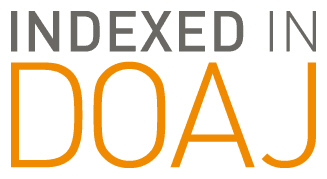Abstract
Crossing the threshold into a new millennium has been hallmarked by a series of defining events, which have shaped, irrevocably, society and its educational system. These events include the standards and accountability movement, the federal mandate of No Child Left Behind of 2001, the fifty-year anniversary of Brown v. Board of Education and the realization of how far we are from obtaining its promise, and the demographic shifts in population density and racial makeup nationally and particularly in urban centers, to mention a select few of the more profound historical events. Issues of diversity, both inter and intragroup, further illuminate the complex and problematic nature of education, reflecting a deeply embedded, historical concern for equity and equality. Increasingly, the attention drawn to standards and accountability in the American educational system illuminates the problems inherent in a system animated by technical standards and focused on codification of knowledge; a system that works to standardize teaching and learning, discrediting difference in the process. The implications for education, of these defining events and social issues, draws attention to the very meaning of democracy, freedom, and social justice.
Recommended Citation
Jenlink, Patrick M.
(2018)
"A Scholar–Practitioner Stance: Practices of Social Justice and Democracy,"
School Leadership Review: Vol. 4:
Iss.
1, Article 2.
Available at:
https://scholarworks.sfasu.edu/slr/vol4/iss1/2
Included in
Educational Administration and Supervision Commons, Educational Leadership Commons, Teacher Education and Professional Development Commons
Tell us how this article helped you.


